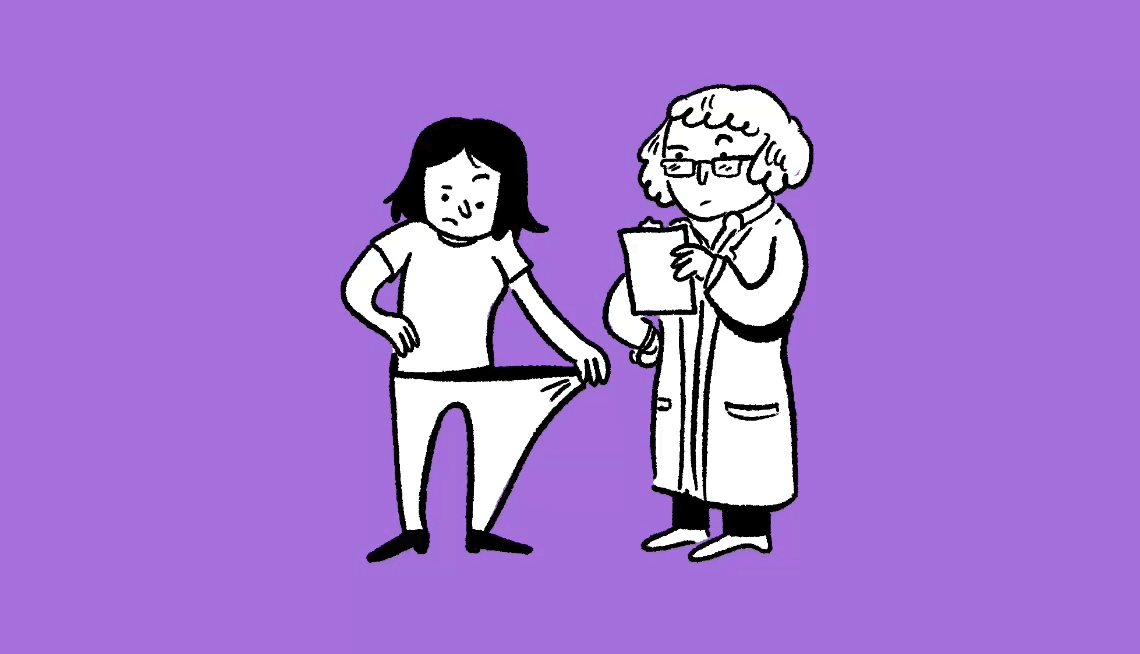AARP Hearing Center


I’m still getting mild outbreaks of herpes every few months. The first incident was around 40 years ago! Is there anything I can do to end these outbreaks once and for all?
When a virus that has been silent for years suddenly becomes noisy again, it can be frustrating and surprising. That’s how my older patients often describe recurring herpes outbreaks.
There are actually two viruses and two types of herpes: herpes simplex virus type 1 (HSV-1) and herpes simplex virus type 2 (HSV-2). Most oral herpes cases are caused by HSV-1, and most genital herpes cases are caused by HSV-2; the latter is a lifelong companion that occasionally wakes up, especially when the immune system is under strain.
The truth is, herpes is extremely common: 1 in 5 adults worldwide has a genital herpes infection. While we can’t eliminate the virus completely, we can reduce, oftentimes dramatically, its ability to reemerge.
How do outbreaks happen? Herpes lives quietly in your body’s nerve cells and resurfaces when triggered. Common culprits include stress, fatigue, illness, sun exposure, even certain medications that affect the immune system. Because your body’s defenses naturally weaken with age (a process known as immunosenescence), outbreaks can occur more frequently or take longer to heal over time. I often suggest to my patients that they think of flare-ups as an early warning system. If they start to recur, it could be an indication that your body needs more sleep, better nutrition or less stress.


Ask Dr. Adam
Adam B. Rosenbluth, M.D., is an internist and cardiologist in New York City. Each Monday, he’ll weigh in on your questions about how to make your body work better for you. His AARP book will be published in 2027. Join in on the conversation on social media @dradamrosenbluth to learn to move the needle on your personal health in an achievable way.
When outbreaks occur, antiviral medications can make a real difference. The mainstays are acyclovir (Zovirax), valacyclovir (Valtrex) and famciclovir (Famvir), which can shorten both the duration and the discomfort if taken at the first sign of symptoms, such as tingling or redness.
For people who experience frequent recurrences, let’s say more than six times a year, daily suppressive therapy can reduce outbreaks up to 80 percent and lower the chance of transmission to a partner. These medications are generally safe for older adults, though doctors usually monitor kidney function since the drugs are cleared through the kidneys. Make sure to mention all your medications, especially any diuretics, blood pressure drugs or anti-inflammatory pain relievers, since combinations can sometimes affect kidney performance.




































































You Might Also Like
What Do You Know About Women’s Sexual Health?
Read our In the Mood columns, then test your knowledge
Peyronie’s Disease and Your Sex Life
How to avoid letting Peyronie’s disease ruin intimacy with your partner
Andropause: What Men Need to Know
Men’s testosterone usually diminishes as they age. Here are some ways to slow the decline